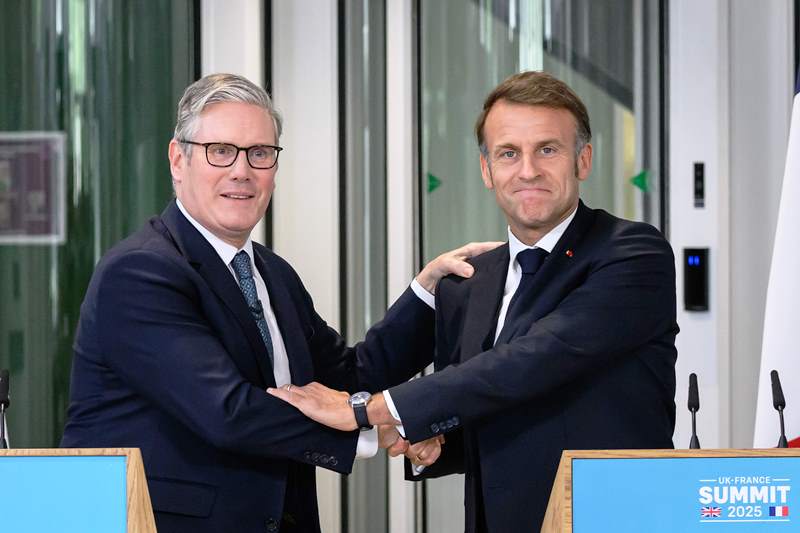Frozen Russian Assets Are the Focus of Urgent Allied Talks
Frozen Russian assets are at the center of a urgent push by Ukraine’s European allies, who insist they must be utilized swiftly to finance support for Kyiv. This was a key topic of discussion during high-level talks in London on Friday, aimed at intensifying pressure on Russian President Vladimir Putin.
Coalition of the Willing Debates Economic and Military Pressure
British Prime Minister Keir Starmer convened the meeting of the “Coalition of the Willing,” hosting President Volodymyr Zelenskiy and other leaders. The discussions covered a spectrum of strategies to support Ukraine, including measures to restrict Russian oil and gas from the global market and proposals to supply Kyiv with more long-range missiles. Prime Minister Starmer emphasized the collective resolve, stating there was “absolute clarity” during the meeting that progress on leveraging frozen Russian assets to fund a loan for Ukraine must be realized quickly. This sense of urgency was echoed by other attendees, with Starmer adding that this progress needs to “come to fruition within a short timetable.”
EU Hurdles and the Race for a Pre-Christmas Solution
The drive to deploy these assets, however, faces diplomatic hurdles. Just a day before the London talks, European Union leaders failed to endorse a plan to use the frozen reserves to fund a substantial loan for Ukraine. The delay was prompted by concerns raised by Belgium, the nation where hundreds of billions of dollars in Russian central bank assets are held. Despite this setback, allied leaders are pushing for a rapid resolution. Danish Prime Minister Mette Frederiksen underscored the time-sensitive nature of the issue, telling reporters, “We have to work in a way that we have a solution before Christmas Eve so we are able to ensure that we can finance Ukraine for the next years.” She expressed confidence that an agreement would be reached.
Military Aid and Moscow’s Threats
Alongside the financial discussions, military support remained a critical topic. NATO chief Mark Rutte revealed that U.S. President Donald Trump is still reviewing a decision on whether to send Tomahawk long-range missiles to Ukraine. “On particularly the Tomahawks, of course, the president and I discussed that. The issue remains under review by the president and again, it’s up to the U.S to decide,” Rutte stated. President Zelenskiy did secure a win, however, by welcoming Trump’s recent decision to impose sanctions on Russia’s two largest oil companies—a significant policy reversal. In response to the allied moves, Moscow has promised a “painful response” if its frozen assets are seized, though President Putin downplayed the impact of the new U.S. oil sanctions on the Russian economy. The London visit began for President Zelenskiy with a meeting with King Charles at Windsor Castle, reaffirming the monarch’s consistent support for Ukraine.














